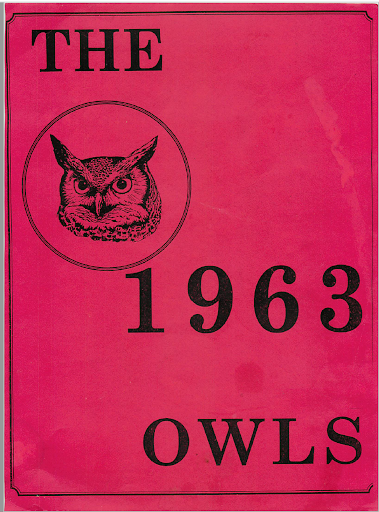What are ethnohistorical research methods, and why are they important?


Ethnohistorical research methods enable the collection and analysis of diverse data sources for the examination of the past. These methods are particularly salient in the examination of communities who have historically been marginalized, minimized, silenced or erased within institutional archives that store data representing the past. Specifically, the method allows for the researcher to “look beneath the surface” of traditional archival sources to creatively source historical data from diverse and non-traditional collections that also hold voices and perspectives from the past (Aldridge, 2003; Field, et.al, 2016). These sources could include oral histories, material objects, community collections, magazines, newspapers, diaries, yearbooks, etc.
Students were provided with a bibliography of scholarship that employs an ethnohistorical approach using both traditional and non-traditional sources in the data collection process.